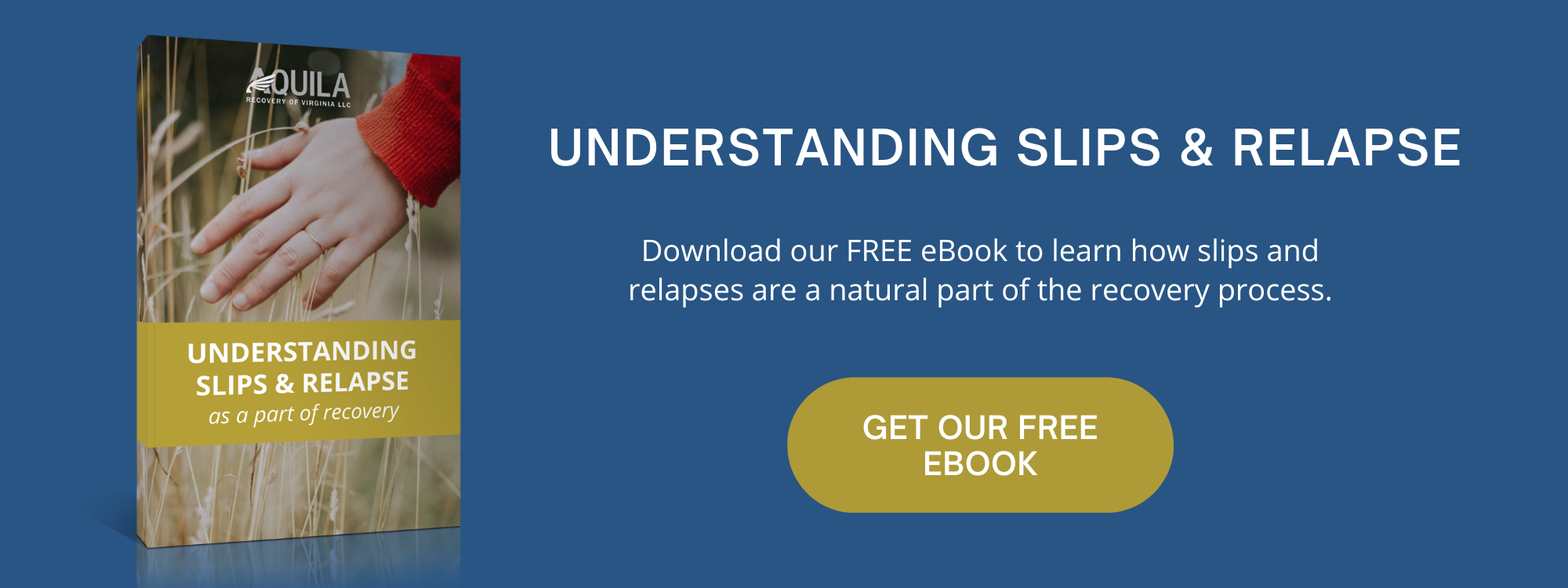How Did I Get Here?
When you or a loved one is suffering from drug and alcohol addiction, often you will ask “Why did this happen?”
What we have learned from research in neuroscience is that there are four central behaviors in the cycle of “addiction.” The following excerpt from the Surgeon General’s report on addiction describes the four behaviors in the cycle of drug and alcohol addiction:

- impulsivity
- positive reinforcement
- negative reinforcement
- compulsivity
“For many people, initial substance use involves an element of impulsivity, or acting without foresight or regard for the consequences. For example, an adolescent may impulsively take a first drink, smoke a cigarette, begin experimenting with marijuana, or succumb to peer pressure to try a party drug. If the experience is pleasurable, this feeling positively reinforces the substance use, making the person more likely to take the substance again.
Another person may take a substance to relieve negative feelings such as stress, anxiety, or depression. In this case, the temporary relief the substance brings from the negative feelings negatively reinforces substance use, increasing the likelihood that the person will use again. Importantly, positive and negative reinforcement need not be driven solely by the effects of the drugs. Many other environmental and social stimuli can reinforce a behavior. For example, the approval of peers positively reinforces substance use for some people. Likewise, if drinking or using drugs with others provides relief from social isolation, substance use behavior could be negatively reinforced.
The positively reinforcing effects of substances tend to diminish with repeated use. This is called tolerance and may lead to use of the substance in greater amounts and/or more frequently in an attempt to experience the initial level of reinforcement. Eventually, in the absence of the substance, a person may experience negative emotions such as stress, anxiety, or depression, or feel physically ill. This is called withdrawal, which often leads the person to use the substance again to relieve the withdrawal symptoms.
As use becomes an ingrained behavior, impulsivity shifts to compulsivity, and the primary drivers of repeated substance use shift from positive reinforcement (feeling pleasure) to negative reinforcement (feeling relief), as the person seeks to stop the negative feelings and physical illness that accompany substance not to get “high,” but rather to escape the “low” feelings to which, ironically, chronic drug use has contributed.

Compulsively seeking out drugs or alcohol to continue using is a key characteristic of addiction. It’s why many of us struggling with addiction experience relapses after attempting to abstain from or reduce use of our preferred substance. Loss of control over substance use is another addiction characteristic. Compulsivity helps to explain why many people with addiction experience relapses after attempting to abstain from or reduce use.
If you have suffered from or have been around someone struggling with a substance use disorder, these behaviors will be very familiar to you. While our society sometimes regards these behaviors as character flaws or personality issues, recent research has identified the neurobiology behind these “addictive” behaviors. Luckily, research has also allowed us to find effective treatments to target these behaviors to help those in need. If you or a loved one would like more information or to speak with a professional about these evidence-based treatments, we would be happy to help you.

